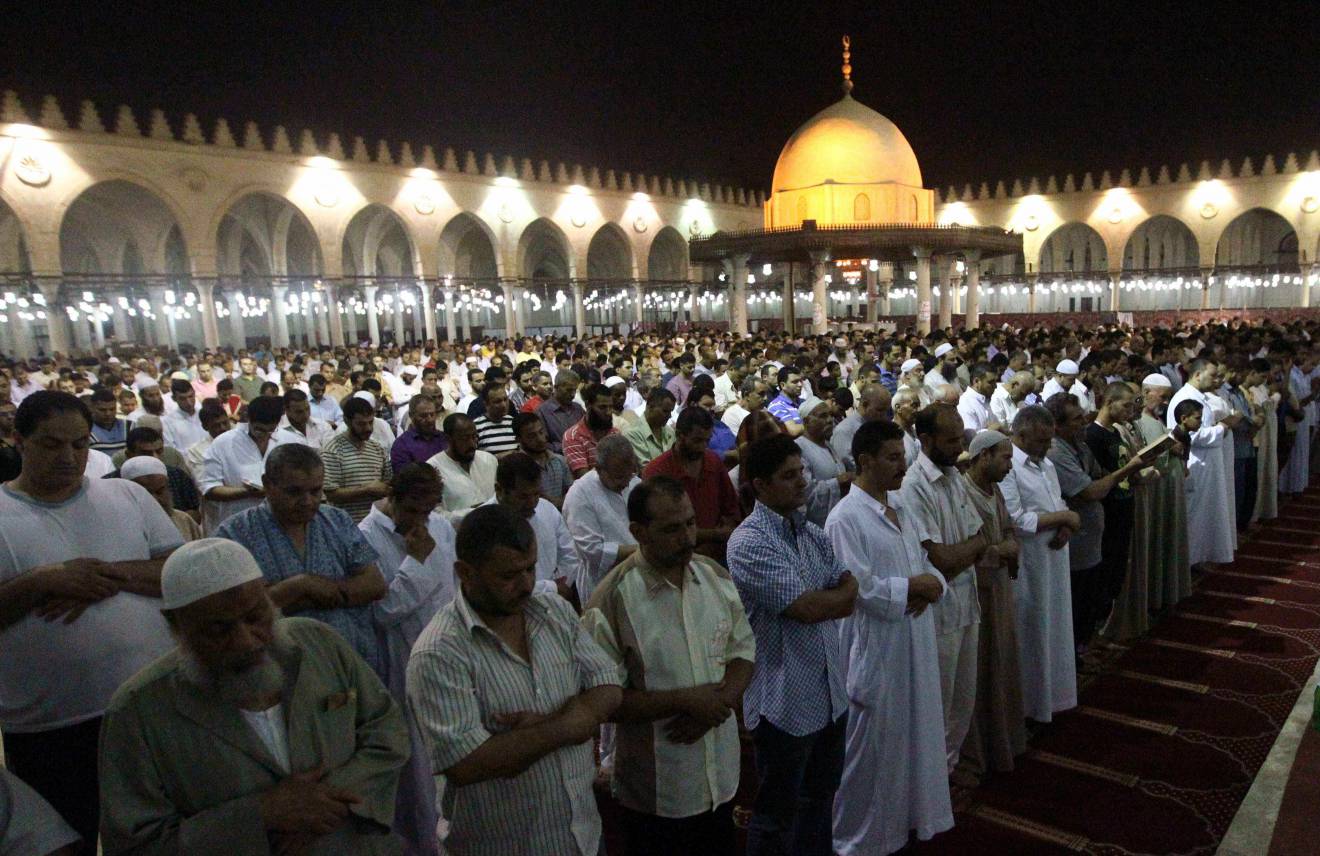Taraweeh prayer is one of the remarkable specialties of Ramadan nights; for the whole month, Muslims line up at night to observe a number of optional rak`at and listen to and reflect on the recitation of the Qur’an. It is a very blessed and highly spiritual experience.
Below, Sheikh Sharif Faizullah highlights, in 10 points, valuable information about this prayer.
? Watch Also: Every Night… Watch Taraweeh Prayers from World Mosques
#1. Taraweeh means rest and relaxation
Qiayam al-Layl in Ramadan after `Isha’ is called taraweeh because righteous people before our time used to rest after every four rak`at as their prayers were lengthy. Taraweeh is sunnah mu’akkadah (a confirmed practice of our beloved Prophet Muhammad, peace and blessings be upon him).
#2. Praying 5 daily Prayers is more important than taraweeh
5 daily prayers are fard (obligatory) and taraweeh is sunnah (recommended).
#3. History of taraweeh
In the last year of the Prophet’s life, he came out one night and prayed taraweeh. On that night, some people prayed with him. during the second night, word spread and more people joined in taraweeh. Even more people attended on the third. On the fourth night, the masjid was packed and the people awaited the Prophet’s arrival.
The Prophet, however, prayed at home by himself. after Fajr, he said:
“Nothing prevented me from coming out to you except the fact that I feared that it would be made obligatory for you.” (Muslim)
From the time of Abu Bakr to the beginning of `Umar’s time, people prayed either individually or in small groups. Later, ‘Umar gathered everyone behind one imam and they prayed 8 Rak`at. Eventually, it was increased to 20 raka‘at to make it easy for the people.
Pages: 1 2 3